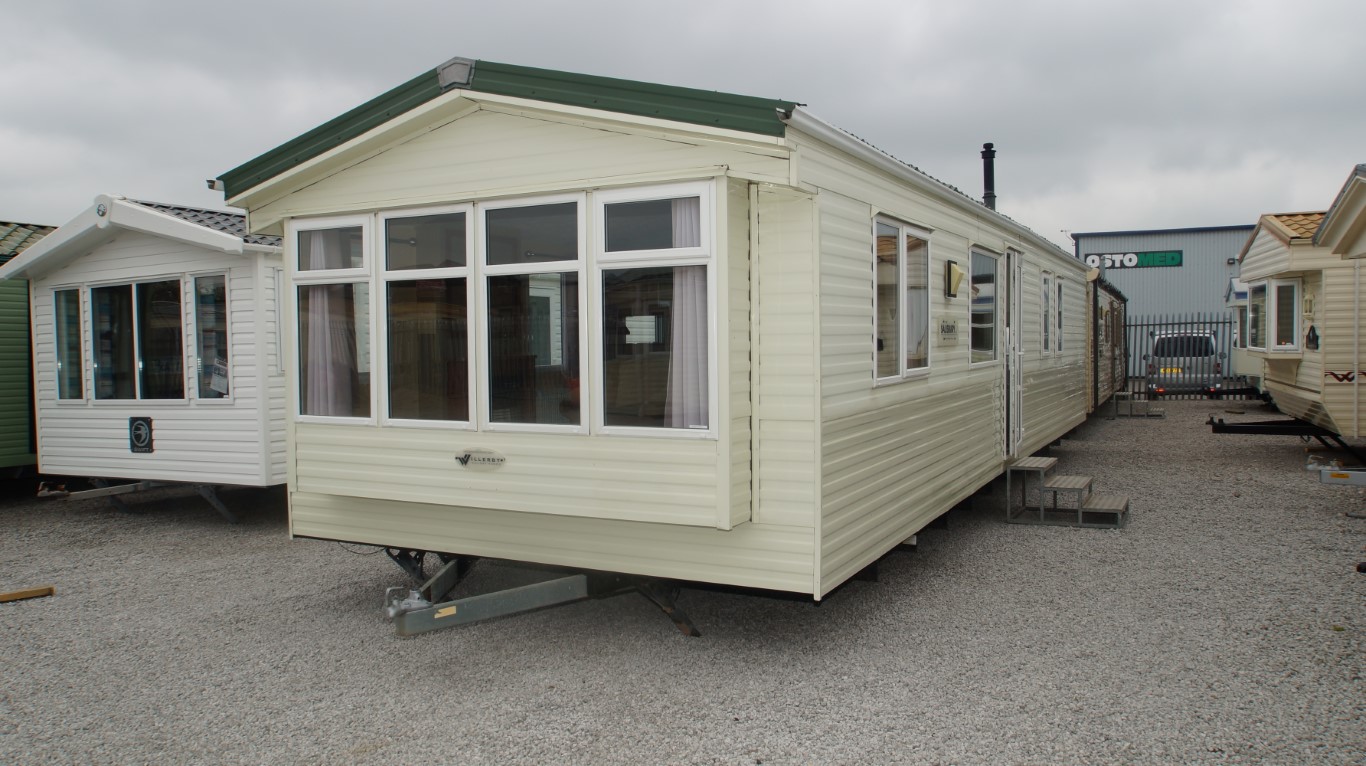If you’re thinking about purchasing a static caravan to place on your private property, there are a number of factors that may need to be considered. One of these important factors is planning permission. So what are the important aspects for planning permission for static caravans on private land? And what do you need to know?
What is planning permission?
In the UK, planning permission is required for most types of developments, including the placement of static caravans on private land. The planning permission process is governed by local planning authorities (LPAs) and is designed to ensure that development projects comply with various regulations and policies. The primary objective is to protect the environment, maintain the character of the area, and prevent inappropriate development.
What are the important aspects for planning permission for static caravans on private land?
There are a number of important aspects to take into account when it comes to planning permission for static caravans, and these include:
- Classifying Static Caravans- Depending on their purpose and length of stay, static caravans can be classified as either temporary or permanent buildings. Temporary caravans often serve as holiday homes for leisure activities and are subject to certain usage regulations. Permanent caravans or mobile homes, as they are often known, are built for extended domestic usage. The criteria for a planning permit can be greatly impacted by the classification of the caravan.
- Planning permission for temporary static caravans- Landowners are typically permitted to erect temporary static caravans on their private property without obtaining planning permission, with some limitations. The length of stay, the number of permitted caravans, and the times that the caravan may be occupied are only a few examples of these limitations. Specific rules established by local planning authorities specify the prerequisites for temporary use as well as any extra restrictions that could be necessary.
- Planning permission for permanent static caravans- Since permanent static caravans are seen as a permanent kind of development, planning clearance is typically required. Plans and paperwork must be submitted to the local planning authority for review as part of the application procedure. The impact on the environment, infrastructure, accessibility, and the area’s aesthetic appeal are taken into account. It is crucial to confirm that the proposed location conforms with pertinent policies and meets the requirements established by the local planning authority.
- Consulting with Local Planning Authorities- It is advised to get in touch with the local planning department to find out if building a static caravan on private property calls for planning approval. They are able to offer detailed information on the laws and policies that are relevant to a certain location. Early consultation with the authority can assist in avoiding any legal problems and guaranteeing adherence to the relevant criteria.
If you’re looking to purchase a static caravan in great condition and at an affordable price, why not take a look at what we can offer here at West Lancs Caravans?


